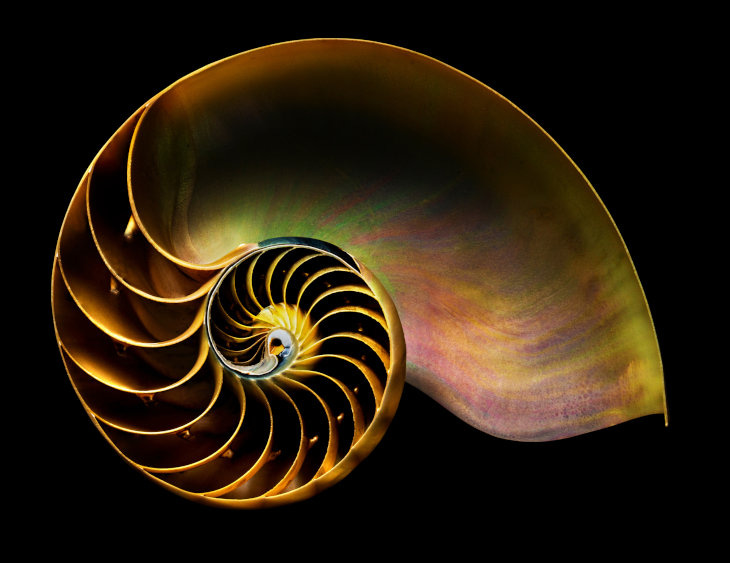Is Elon Musk Right?
Are we living in a simulation?
Simulation Theory—at first blush, it sounds like a cute plot device from some entertaining but predictable sci-fi film. However, many people, including some credible thinkers, take the idea that we are actually living in a simulated reality seriously.
Various sorts of evidence for this notion have been proposed, including in a video on the YouTube channel The Why Files that claims that the evidence “is all around us.” It seems to me that this evidence can be summed up in two categories: poor and interesting—but only interesting for reasons that may not be obvious at first. Ultimately, I think simulation theory is just the latest in a long series of intellectual breakthroughs that are, in the end, marred by faulty conclusions.
Poor Evidence
The Mandela Effect
This phenomenon is named for the widely believed but erroneous report that South African anti-apartheid activist Nelson Mandela died in prison. Many people claim to remember specific images from the television coverage of the funeral, yet, it never occurred. Examples of this abound, from the spelling of The Flintstones (has two t’s, not one) to Jiffy peanut butter (it’s actually Jif), or that Darth Vader never said, “Luke, I am your father” (he left out “Luke”).
The claim is that people had these alternate memories not because they simply misremembered them, and that widespread misremembering is possible, but rather because something in the simulation was changed. It’s hard to see how this, along with Matrix-like explanations of the phenomenon of deja vu, can be counted as serious evidence.
Some really creative and smart people believe it
Science fiction writer Phillip K Dick was a brilliant and entertaining writer who was the force behind some of our most beloved science fiction films, such as Blade Runner, Total Recall, and Minority Report. He was convinced that we are in a simulation. He said, “we are living in a computer-programmed reality, and the only clue we have of it is when some variable is changed.”
Tech genius Elon Musk believes it, too, and estimates that the chances that we are living in “base reality” (non-simulation) are a million to one. Astrophysicist Neil deGrasse Tyson puts it at a more moderate 50/50 chance. Does the fact that highly accomplished and intelligent people believe something constitute evidence? It wouldn’t seem so, as the highly intelligent have been, are, and always will be wrong about a great many things. Nonetheless, maybe there is more compelling evidence that has swayed these thinkers that should be taken more seriously.
Interesting evidence
The Fermi Paradox
The Fermi paradox is the conflict between the lack of clear, obvious evidence for extraterrestrial life and the high theoretical estimates for its existence. As a 2015 article put it, “If life is so easy, someone from somewhere must have come calling by now.” It’s very confusing to many scientists who assume that in the unimaginable vastness of our universe, very many habitable planets must exist, yet there is no evidence for any intelligent life. Simulation theory would seem to offer a way out of this problem by asserting that of course there’s no detectable intelligent life out there—we are the only ones in the simulation.
The Fibonacci Sequence
This beautiful mathematical pattern, also known as the Golden Ratio, was beloved by da Vinci and appeared in many of his famous works. It also happens to be the formula that produces everything from spiral galaxies to nautilus shells to the tails of cameleons. When a very specific mathematical pattern is observed often, and in such varied natural examples, one begins to suspect that there is an intelligence of some sort that must have “programmed” this pattern into the natural world. By the reckoning of the simulation theorists, the Golden Ratio is easily explained as evidence of the hidden “program.” Indeed, that is one possible explanation. But still, maybe there’s a better one.
Constants of Nature
Why is the gravitational force set at the exact parameter that it is? Why do the Strong and Weak Nuclear Forces have the precise values they do such that if they were only slightly different, life could never have emerged? For instance, stars produce energy by fusing two hydrogen atoms into a single helium atom. During that reaction, 0.007 percent of the mass of the hydrogen atoms is converted into energy. If the percentage were 0.006, the universe would be filled only with hydrogen. If it were 0.008, the universe would have no hydrogen and, therefore, no water and no stars like the sun.
Theoretical physicist Richard Feynman emoted on this conundrum, saying:
“Immediately, you would like to know where this number for a coupling comes from: is it related to pi or perhaps to the base of natural logarithms? Nobody knows. It’s one of the greatest damn mysteries of physics: a magic number that comes to us with no understanding by man. You might say the “hand of God” wrote that number, and “we don’t know how He pushed his pencil.”
So, the hand of a simulation programmer or the hand of God? Which is it, and how can we know?
Conclusion
Yes, we are indeed living in a simulation, just not the one that the simulation theorists imagine. A basic tenet of classical monotheism is that in order to provide the correct training ground for ethical development, a dimension had to be created that masked the true and ultimate reality—which is infinite and wholly spiritual. This mechanism allowed for free will to exist and afforded humanity the opportunity to make moral decisions. As such, the simulation theorists correctly identify some of the tell-tale signs of design; now they just need to draw the correct conclusions about it.
Just another way to avoid God
These theorists are essentially substituting one massive (alien/programmers) power for another (God). It would seem odd that these programmers are capable of creating a program of seemingly infinite complexity but couldn’t keep the Fruit of the Loom logo straight and therefore had to go back and tinker with it.
Ultimately, “the simulators” theory only pushes the main question back a bit. It’s an axiom of philosophy that there cannot be an infinite regress of causes and that, according to philosophers like Maimonides, Aquinas, Al Ghazali, and others, there must exist an uncaused cause that is the ultimate origin of all that occurs. Given that the alien/programmers are finite, they are contingent and are, therefore, also created entities. The only important question is where the chain of creating starts - as it’s clear that this causal chain could not have started with the aliens.
We are all subject to biases. Everyone wants the universe to be some way or another, and it’s healthy to admit our biases and strive to accept the truth as it comes to us to the best of our abilities. Often, the truth is staring us full in the face. We see the evidence but just don’t really want it.
As evolutionary biologist Richard Lewontin once wrote:
“We are forced by our a priori adherence to material causes to create an apparatus of investigation and a set of concepts that produce material explanations, no matter how counter-intuitive, no matter how mystifying to the uninitiated. Moreover, that materialism is absolute, for we cannot allow a Divine Foot in the door.”




